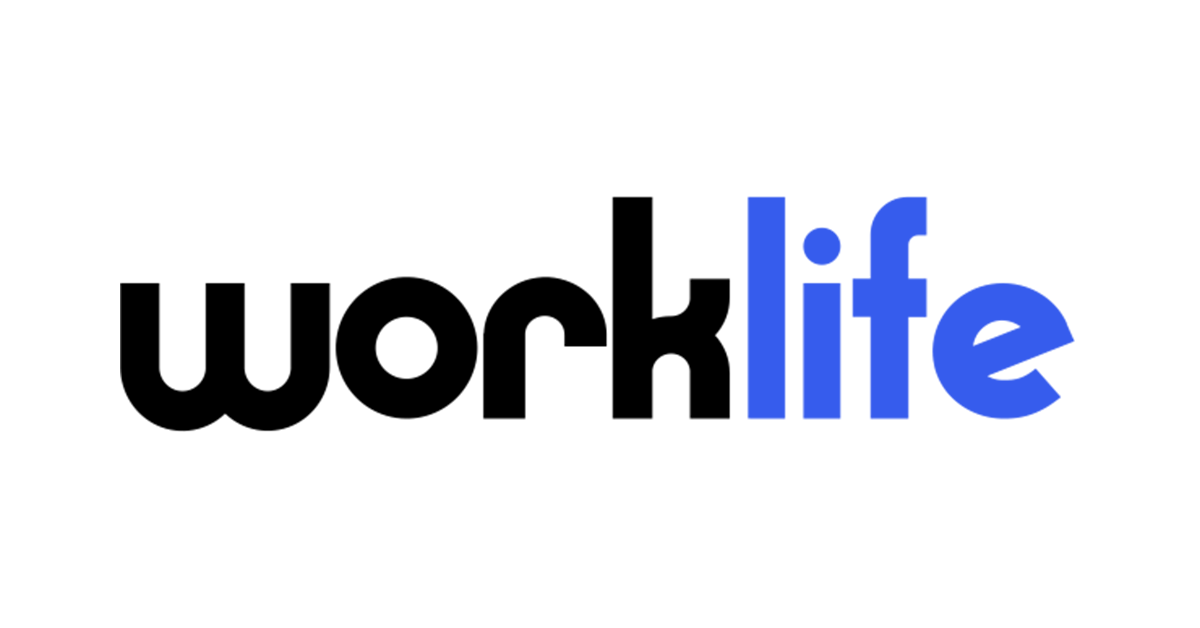At HR Acuity, we’ve been surveying the employee relations community for years through our annual Benchmark Study, asking about their use of AI. While interest has always been high, actual activity has been on the low side. Not surprising, given that HR often takes a back seat in an organization’s tech priorities.
But now here we are. With remarkable speed, AI has become accessible to everyone. A day doesn’t go by that another announcement about an AI tool for HR has been released. For both technology companies and the organizations that we support, there can be a temptation – and perhaps even a rush – to integrate it into everything we do as quickly as possible. For HR Acuity, that’s a yes and a no.
Read on to learn how artificial intelligence is manifesting itself in HR and employee relations, its benefits and challenges, and how HR Acuity is leveraging the technology.
Why is AI important in HR and Employee Relations?
AI technology is becoming increasingly important in HR and employee relations. AI-powered tools offer significant advantages to HR professionals, allowing them to save time, enhance productivity and make more informed decisions. By providing quick and easy access to relevant information, AI enables HR professionals to focus on what truly matters: the well-being and satisfaction of their employees, ensuring their safety and fostering reconciliation when necessary.
AI streamlines tasks, allowing HR professionals to dedicate more time and attention to meaningful interpersonal connections. Technology is undeniably necessary for the functioning of HR and employee relations, and AI serves to enhance these functions, ultimately contributing to a more efficient and effective workplace environment.
Ways to Leverage AI in HR and Employee Relations
Artificial Intelligence (AI) is revolutionizing HR and Employee Relations, introducing advanced solutions that enhance efficiency, accuracy and employee satisfaction. By automating repetitive tasks, analyzing extensive datasets and providing actionable insights, AI empowers ER professionals to dedicate more time to strategic and people-focused elements of their roles. The integration of AI in ER not only simplifies workflows but also significantly improves engagement and compliance throughout organizations, enhancing decision-making and personalizing employee experiences.
Analytics
AI-driven analytics are transforming ER’s visibility into workforce data. These tools examine trends in employee behavior, performance and engagement, enabling ER professionals to make better informed decisions. AI can analyze patterns that may signal issues such as high turnover rates or departmental inefficiencies, prompting proactive measures.
Policy Documentation
AI greatly improves policy management by automating the creation, updating and distribution of HR policies. This automation ensures that policies are consistent and current, reducing the administrative burden on HR teams and enhancing compliance with legal standards. AI can also customize the communication of these policies to various employee groups, ensuring that everyone understands their rights and responsibilities under the organization’s policies.
Best Practice Recommendations
AI excels in identifying and recommending best practices within the HR sector. By analyzing successful strategies from similar organizations, AI can suggest effective approaches to recruitment, performance evaluations and conflict resolution. These recommendations enable HR departments to adopt industry-leading practices, refine their strategies and avoid common pitfalls. AI also supports ongoing learning by providing updates and insights based on the latest HR research and developments.
Accessibility
AI significantly improves accessibility in employee relations by making resources available in multiple languages and formats, accommodating a diverse workforce. AI-powered virtual assistants and chatbots can provide immediate responses to employee queries at any time, offering a more inclusive approach to employee communication. This enhanced accessibility improves the employee experience by making it easier for staff to access necessary information and support whenever needed, regardless of geographical or time constraints.
Benefits of AI in HR and Employee Relations
Embracing AI in HR and employee relations brings a host of benefits that significantly enhance the effectiveness and responsiveness of these crucial functions. Here’s how AI is making a difference:
- Improved Efficiency and Productivity: AI automates manual tasks, freeing up HR and ER professionals to concentrate on strategic responsibilities. This shift not only boosts productivity but also enhances the quality of work, allowing teams to focus on areas that require human insight and expertise.
- Enhanced Scalability: As workplace issues become more complex and teams often operate with limited resources, AI steps in to optimize processes. This allows your organization to handle more with less, scaling operations effectively without compromising on quality or responsiveness.
- Better Data-Driven Decision Making: With AI, the ability to analyze vast amounts of data is at your fingertips. This technology provides deep insights into trends and patterns, empowering your team to make informed decisions and implement continuous improvements across the board.
- Cost Savings: By automating routine tasks, AI significantly cuts down the costs associated with managing employee relations. This includes savings on time, resources and potential legal expenses, making it a cost-effective solution for businesses.
- Less Repetitive Tasks: AI liberates HR and ER professionals from tedious, repetitive tasks. By handling these mundane aspects, AI allows your team to devote their skills and time to more impactful and fulfilling work, ultimately enhancing job satisfaction and productivity.
By integrating AI into your HR and employee relations strategies, you’re not just keeping up with technology-you’re also setting a standard for operational excellence and strategic insight in your organization.
Challenges of AI in HR and Employee Relations
While AI presents numerous advantages in HR and employee relations, it also brings significant challenges that require careful management to ensure its ethical and responsible application. Organizations must cautiously integrate AI into their HR practices to prevent potential adverse effects that could compromise trust and effectiveness.
- Uninformed Employment Decisions: AI tools might not possess the nuanced understanding that human HR professionals apply to decision-making. This lack of depth can lead to conclusions that overlook the complexities of human behaviors and situations, potentially resulting in unfair or inappropriate employment decisions.
- Introduction of Unintended Bias: Despite the expected objectivity of AI, algorithms can inadvertently perpetuate existing biases if trained on historically biased data. This issue can compromise the fairness and impartiality of HR processes, affecting everything from recruitment to employee evaluations and promotions.
- Erosion of Trust: An excessive reliance on AI for sensitive interactions can reduce the essential human element in HR. Employees may feel that their concerns are being handled by an impersonal system rather than being addressed with empathy and understanding, which can diminish trust and employee satisfaction.
- Data Privacy and Confidentiality Concerns: The use of AI in HR processes introduces significant privacy and security risks. AI systems must be meticulously designed to comply with data protection laws and safeguard the confidentiality and security of employee information to prevent data breaches and unauthorized access.
- Data Inaccuracy and Misinterpretations: The effectiveness of AI systems hinges on the quality of the data they process. Inaccuracies in data or flawed algorithm design can lead to errors in analysis and decision-making, impacting everything from employee evaluations to strategic HR planning. These errors can lead to misguided strategies that may adversely affect the organization.
These challenges underscore the necessity for a balanced approach to integrating AI in HR, ensuring that technology supports rather than undermines the human aspects of employee relations.
The Future of AI in Employee Relations Departments
All of us in HR say, “our people are our most important asset!” and that doesn’t change in the future. We need to support, develop, train, promote and praise our people if we want our businesses to succeed.
Every employee needs a listening ear and a helpful hand. This won’t change.
Unfortunately, harassment and discrimination problems aren’t likely to go away either. There will always be the need for a respectful employee relations professional to sit and listen to someone’s story and then conduct a proper investigation.
We can use technology to help us with this. The chatbots can take a report, but they can’t make a decision. They also can’t comfort an employee who is crying and upset over what happened. They can’t decide that this person should receive some slack on production standards because his or her mother just died. (Well, I suppose you could program that in, but let’s be serious here.)
In other words, human employees will still need human resources to help them through the day to day of work-life.
Make no mistake, AI is one of our top priorities. We’re delving into it, talking to our customers, engaging our community, leaning on experts and moving swiftly. However, we’re doing it responsibly.
Combining AI and Employee Relations at HR Acuity
We are proud of the trust we have established with the employee relations community. One of the ways we have done that is by demonstrating that the technology HR Acuity brings is infused with best practices on which you can rely. Our approach to AI is no different. As we introduce new processes and features that leverage AI, you can be assured that we have given thoughtful consideration to how they will enhance what you do, not compromise the trust you’ve worked so hard to earn with your team members.
olivER by HR Acuity
Meet the newest addition to the HR Acuity family – your employee relations companion, olivER ?. He’s not just cute and cuddly; he’s also incredibly smart. olivER is going to deliver insights and be your best friend in no time.
olivER marks our first external announcement on how we’re tapping into the power of AI within the HR Acuity employee relations and investigations platform. We are busy at work and buzzing with enthusiasm about how this disruptive technology can be responsibly leveraged to elevate our platform, empowering employee relations, compliance, and HR professionals like never before.
Embracing AI in HR: Opportunities, Challenges and the Path Forward
AI holds the potential to revolutionize HR functions – delivering advanced analytics, streamlined policy documentation, best practice recommendations and enhanced accessibility. However, it’s imperative to navigate the challenges it presents, including potential biases, data privacy issues, the risk of making uninformed decisions and the crucial need to maintain a human touch in HR interactions.
At HR Acuity, we excel in steering organizations through these complexities, ensuring that AI’s integration into ER practices is both effective and ethical. By partnering with us, organizations can harness AI to not only automate and optimize processes but also to bolster and enrich the human aspects of employee relations.
Click here to book a demo and discover how HR Acuity can assist you in mastering the art of AI in ER.



